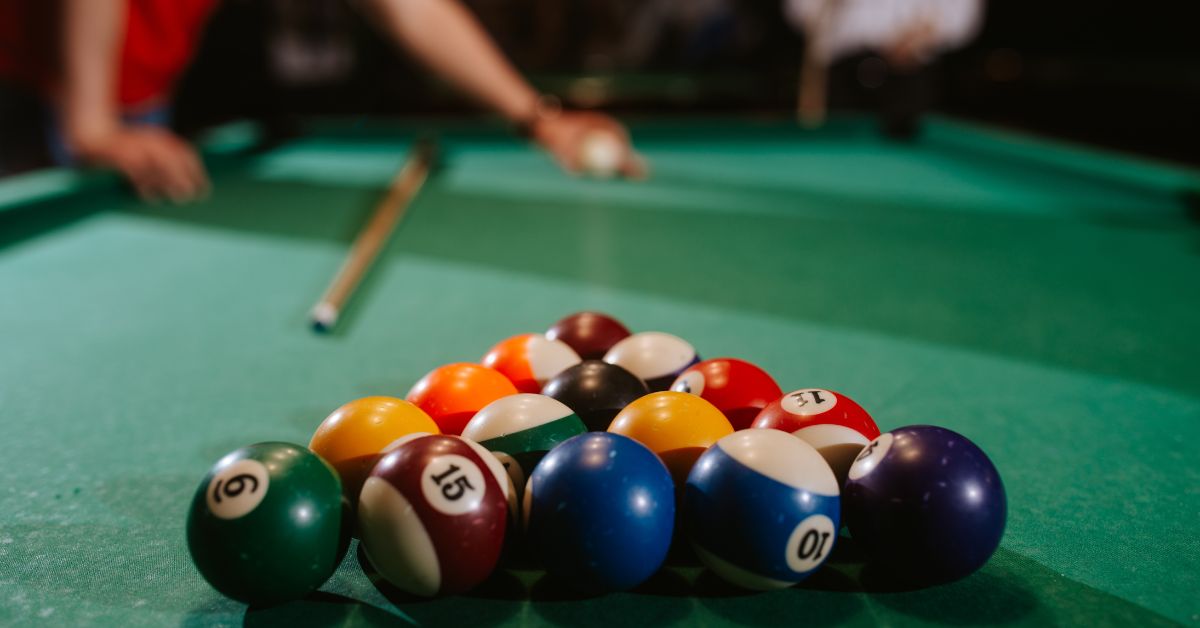How Sport Action Can Improve Your Coordination
In the world of athletics, coordination is the backbone of success. It enables athletes to perform complex movements with precision, maintain balance under pressure, and execute skills effortlessly. While natural ability plays a role, improving coordination is a learned skill that can be honed through targeted training. Improve Coordination with Sport by incorporating dynamic drills that challenge both the mind and body. Through Sport Action for Better Coordination, athletes can develop the dexterity and responsiveness needed to stay competitive in any sport.
Understanding Coordination
Coordination refers to the ability to use different parts of the body in a harmonious manner. It involves balancing, timing, and adjusting movements to meet the demands of the task at hand. When athletes execute fluid and efficient movements—such as a soccer player making a precise pass, or a gymnast sticking a landing—coordination is key.
This skill is built over time, and one of the best ways to enhance it is through Coordination-Building Exercises that mirror the movements required in real game situations. These exercises stimulate both physical agility and cognitive processing, helping athletes react with greater speed and precision.
Why Coordination Matters in Sport
Coordination plays a crucial role in almost every aspect of athletic performance. Here are some key reasons why improving coordination is so vital for athletes:
- Fluid Movement: Well-coordinated athletes move smoothly and with purpose, reducing the risk of injury.
- Faster Reaction Times: Coordination aids in quick, precise responses to stimuli, whether reacting to a ball in tennis or avoiding an opponent in basketball.
- Balance and Posture: Good coordination enables athletes to maintain a stable posture and recover quickly from difficult positions.
- Skill Mastery: Complex movements, such as performing a flawless dive or executing a perfect pass, rely on advanced coordination.
With Sport Action for Better Coordination, athletes can train their bodies to execute a variety of tasks effortlessly, from sprinting to precise footwork.
Training Coordination Through Sport Action
To Improve Coordination with Sport, athletes must engage in exercises that challenge both their physical and mental capabilities. Sport Action for Better Coordination involves a series of drills that target both fine and gross motor skills. Here are a few exercises designed to develop coordination and enhance overall athletic ability.
1. Agility Ladder Drills
Agility ladder drills are excellent for improving footwork and overall body coordination. The quick, precise movements required in these drills promote faster reactions and better control over your body. Try performing the following variations:
- Two-foot In-and-Out: Jumping in and out of each box with both feet.
- Lateral Shuffles: Moving side-to-side across the ladder, ensuring each foot lands inside the rungs.
These movements work on speed, timing, and spatial awareness—key components of coordination.
2. Ball Control Exercises
Dribbling a basketball, juggling a soccer ball, or practicing hand-eye coordination with a tennis ball all challenge your ability to control and adjust movements based on external factors. Ball control exercises require athletes to use multiple body parts in synchronization, enhancing overall coordination. For example, soccer players benefit greatly from juggling because it enhances foot-eye coordination while improving focus.
3. Balance Training
Improving coordination isn’t just about speed; it’s also about balance. Use exercises like standing on one leg or using a balance board to develop stability and control. A solid base of balance enables athletes to perform other actions—such as jumping or pivoting—with more precision.
4. Reaction Time Drills
Quick reactions are a fundamental part of sports coordination. Set up drills where you have to respond to a stimulus, such as catching a ball thrown randomly or reacting to visual cues like a light flash or color change. These drills train the brain and body to work in unison, improving both reaction time and movement efficiency.
5. Plyometric Movements
Plyometric exercises, such as squat jumps or bounding, help improve coordination by requiring athletes to engage multiple muscle groups simultaneously. These explosive movements enhance the brain-body connection, encouraging faster, more precise movements.
How Sport Action Enhances Motor Skills
Motor skills refer to the ability to perform movements using the muscles and nervous system. These skills can be broken down into two categories: fine motor skills (such as gripping a bat or controlling the ball) and gross motor skills (such as running or jumping). Both types are essential for athletes, and Sport Action for Better Coordination plays a pivotal role in developing both.
- Fine Motor Skills: Through activities like hand-eye coordination drills or precise ball manipulation, athletes refine the small, intricate movements needed for success in sports like tennis or basketball.
- Gross Motor Skills: Larger movements, such as running, kicking, or swimming, require efficient coordination of multiple muscle groups. Plyometrics and agility drills improve gross motor coordination, enhancing overall athleticism.
Through consistent practice, Enhance Motor Skills and develop the body’s ability to perform in high-intensity situations.
Reap the Benefits of Coordination Training
When you train for coordination, you’re essentially enhancing your ability to move efficiently and purposefully. The benefits are not limited to athletic performance but extend to everyday activities as well. Here are a few advantages of improving coordination:
- Injury Prevention: Well-coordinated athletes are less likely to lose control during movements, reducing the risk of awkward falls or overstretching.
- Increased Confidence: As coordination improves, athletes gain confidence in their ability to execute complex tasks under pressure.
- Better Focus: Coordination training sharpens the mind’s ability to focus on multiple tasks, helping athletes stay sharp during competition.
Conclusion
Coordination is an essential skill for every athlete, and with the right training, it’s a skill that can be developed and improved. Through dynamic and targeted Coordination-Building Exercises, athletes can Improve Coordination with Sport, enhancing their performance and boosting their confidence. Whether you’re working on agility, reaction time, or balance, each exercise contributes to Sport Action for Better Coordination and ultimately improves motor skills. By committing to coordination training, you’ll elevate your athletic performance, making you more precise, faster, and ready to conquer your sport.


